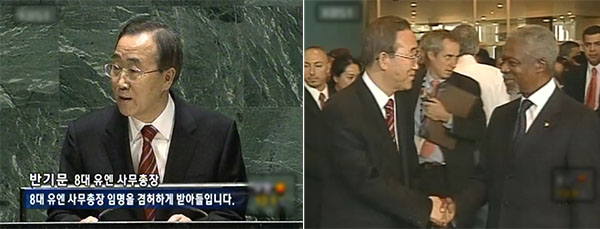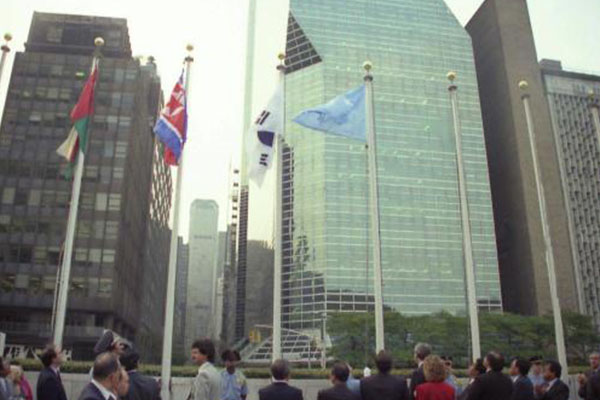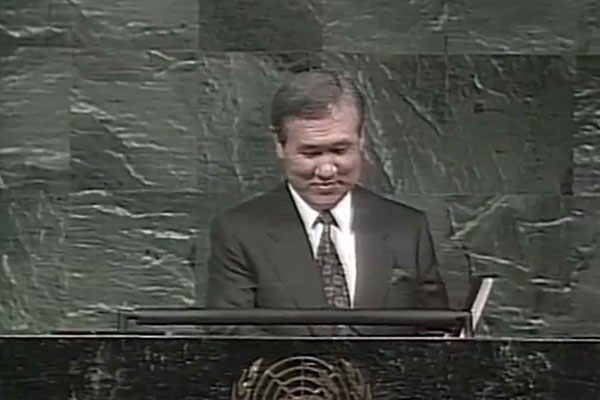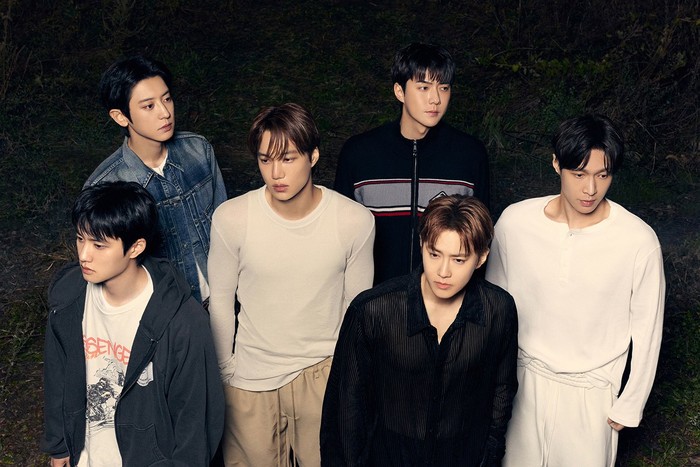Smashing – it was not just about joining another international group. It was a turning point that showed the world the country’s determination to move forward after years of struggle. South Korea enters the UN to strengthen its global role, and in doing so, it marked a new chapter in its political, economic, and cultural development.
Read More : https://www.sindonews.co.id
From Conflict to Cooperation

South Korea Enters the UN to Strengthen Its Global Role
After the Korean War, the nation was left divided and devastated. For many years, South Korea worked to rebuild its economy while fighting for international recognition. South Korea enters the UN to strengthen its global role because membership meant more than a seat at the table. It offered legitimacy, cooperation, and a chance to prove itself as a responsible member of the global community.
This step also created balance in the rivalry with North Korea. For decades, both governments claimed to represent the Korean people. Joining the UN helped South Korea establish equal recognition. As a result, searches for South Korea UN membership, Korean War aftermath, and North Korea vs South Korea UN remain popular among people seeking to understand this history.
Recognition on the World Stage

South Korea enters the UN to strengthen its global role by using diplomacy as a tool for survival. The membership confirmed its sovereignty and created new opportunities for trade and development. Countries across Asia, Europe, and the Americas began to view South not only as a recovering nation but as a future partner.
This recognition was critical. Without it, South might have remained isolated during the Cold War. Instead, UN membership placed the country on equal footing with global powers. Google search trends show consistent interest in international recognition of South Korea and South foreign policy history.
Peacekeeping as a Symbol of Responsibility
The world saw a powerful message when South Korea contributed to peacekeeping missions. South enters the UN to strengthen its global role by showing it was no longer only a receiver of aid but a provider of solutions. Korean troops served in distant regions, from Africa to the Middle East, helping stabilize conflict zones.
This shift from aid recipient to aid contributor proved transformative. It highlighted South Korea’s growth and its readiness to act as a responsible global player. Today, many users search for South peacekeeping missions and South role in UN security, demonstrating strong interest in this aspect of its global identity.
Economic Power Meets Diplomacy
Rapid economic growth, often called the “Miracle on the Han River,” changed South Korea’s role in global politics. South enters the UN to strengthen its global role by pairing economic success with diplomatic strength. Membership gave it the platform to negotiate trade deals, support developing nations, and push for free markets.
This economic rise created a model admired worldwide. Developing nations began studying South path from poverty to prosperity. Online searches like South Korea development model and South Korea global trade reflect how this success story still inspires others.
Commitment to Global Issues
South Korea’s role in the UN has expanded far beyond politics and trade. South Korea enters the UN to strengthen its global role by addressing issues like climate change, human rights, and digital governance. For example, it has pushed for stronger environmental agreements and has spoken out on humanitarian crises.
The nation also uses its position to advocate for North Korean human rights, linking its national story with global responsibility. Search terms such as South Korea human rights UN and South climate change role highlight the country’s evolving image.
From the Past to the Future
South Korea’s journey is often described as a transformation from war-torn recipient of aid to active contributor on the world stage. South Korea enters the UN to strengthen its global role by continuing this transformation today. It now serves on UN councils, promotes innovation in technology policy, and acts as a voice for mid-sized nations.
This story inspires those who believe small nations can rise through resilience, vision, and cooperation. It proves that global respect is not reserved only for the largest powers.





